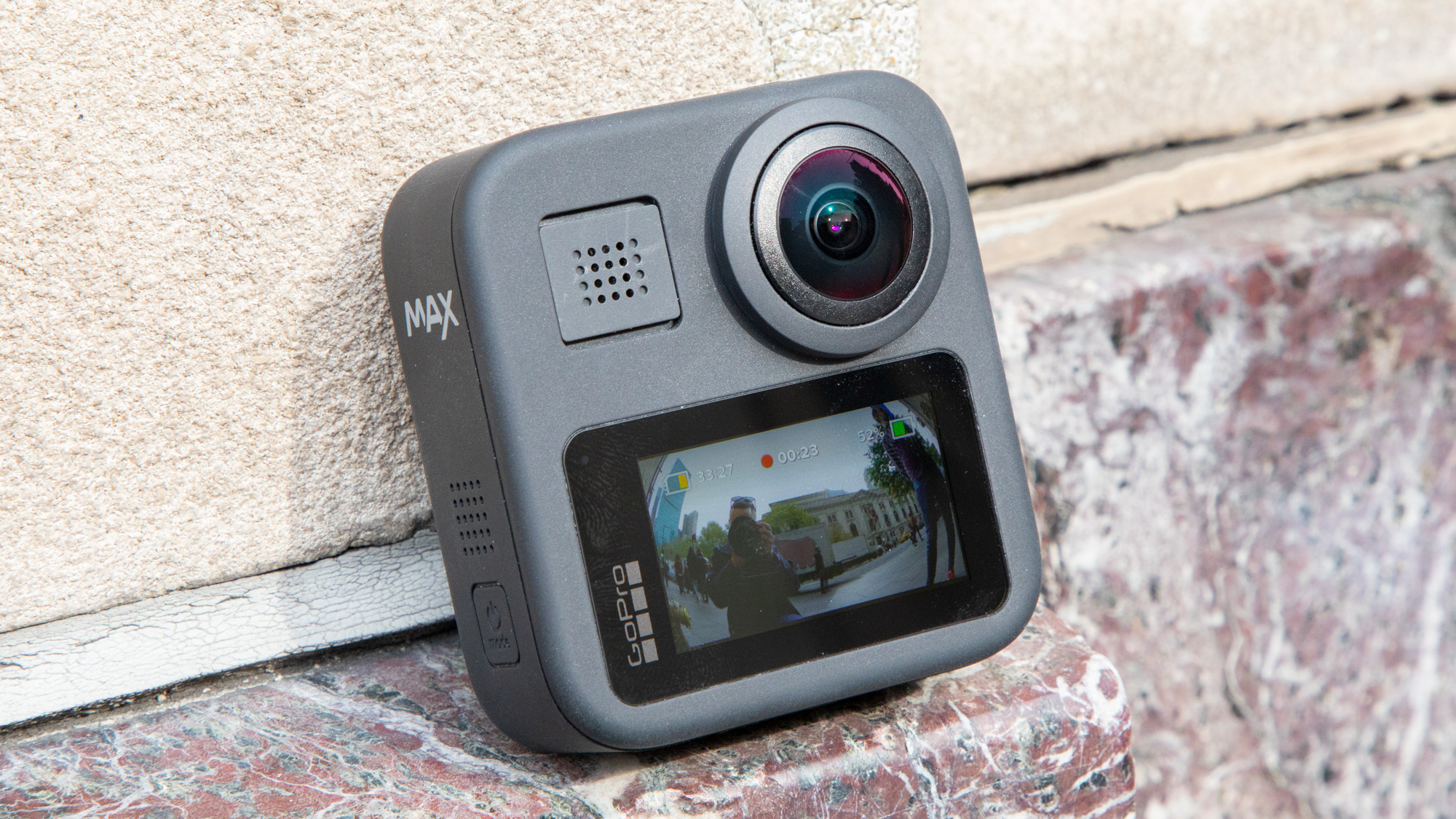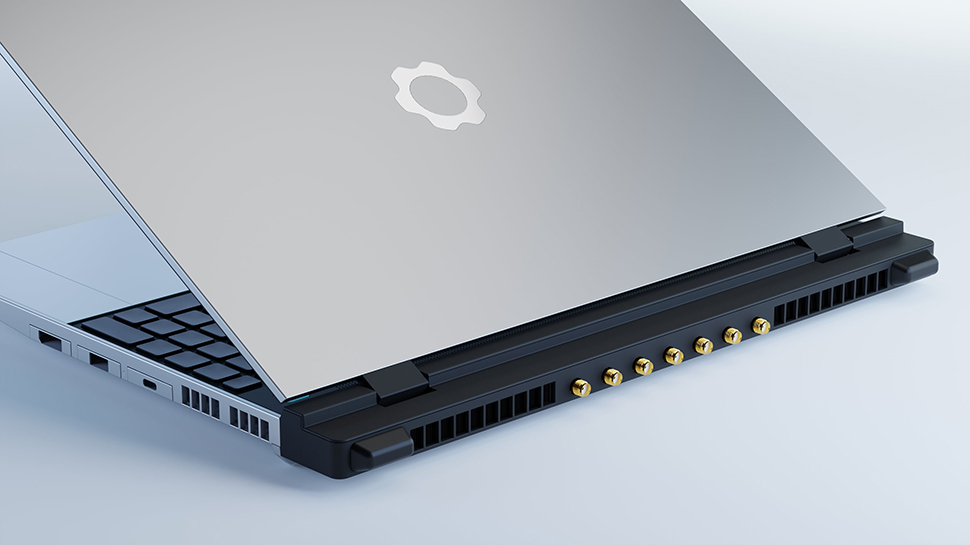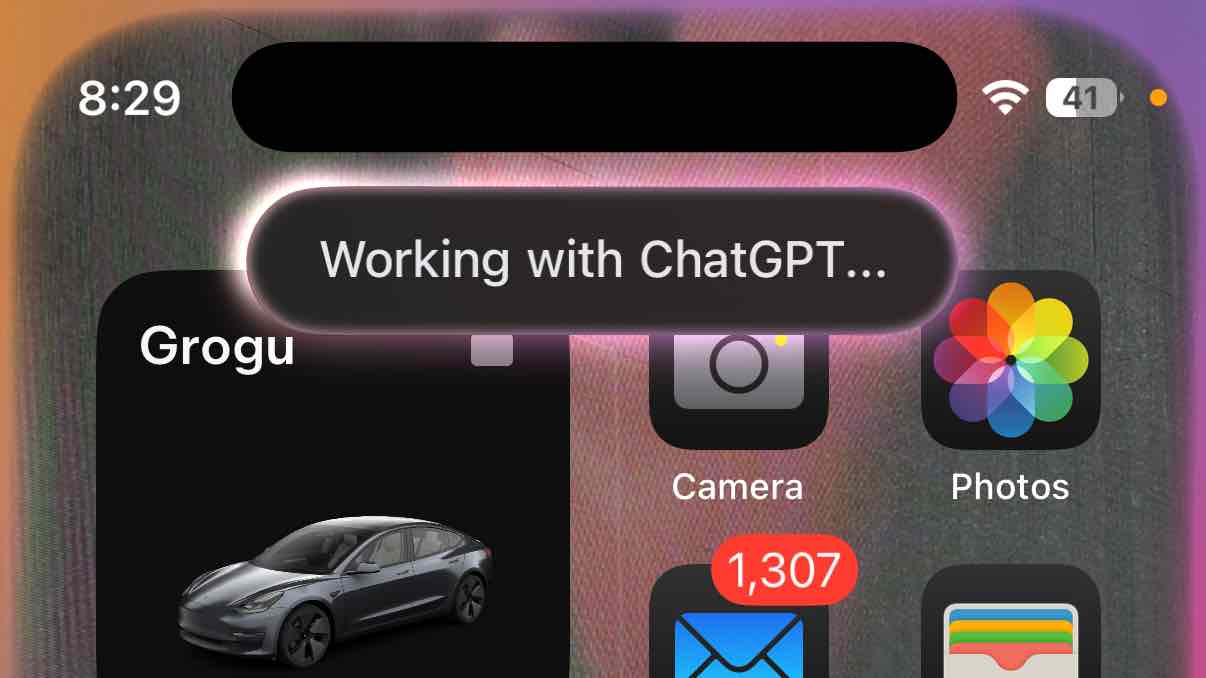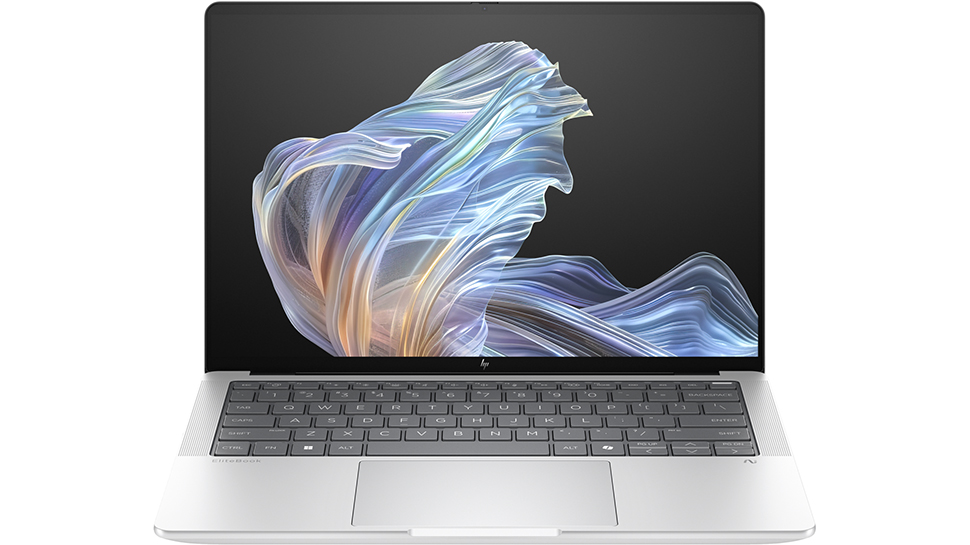- GoPro refreshes the Max 360-degree camera with modest hardware updates
- New 360 modes added to GoPro's Quik app, including object tracking
- A big price drop lowers the list price to $349.99 / £349.99 / AU$599.95
GoPro has announced a 360-degree camera, but it's not the Max 2 that we've been waiting years for. No, it's a refreshed Max with a couple of hardware tweaks – and a very welcome price drop.
The new camera has an upgraded mounting system for compatibility with all 1/4-20 tripod mounts, plus GoPro's latest Enduro battery for improved battery life – and that all that's new. However, the 'new' Max comes with a sizable price drop, with a new list price of $349.99 / £349.99 / AU$599.95.
It has the same image-making skills as the original Max, including 5.6K video from its twin lenses with complete 360-degree coverage. However, GoPro has improved its Quik app for the Max with new 360-degree features, including a neat-looking AI-powered object tracking that keeps your selected subject in the center of the action.
We haven't tried the new modes in the app yet, but 360-degree video edits can be a time sink, so any smart features that simplify the process are welcome.
Refreshing a five-year-old camera with minor hardware tweaks, amid the backdrop of a much delayed successor, feels like a puzzling decision on the part of GoPro. So what are we to make of the Max relaunch?

Will we ever see the GoPro Max 2?
The biggest news here is the price drop compared to the original Max – a drop of around a third. GoPro's hand was forced here, because its dated Max camera previously cost the same as the superior-in-every-way Insta360 X4 – the best 360-degree camera available with powerful features including 8K video.
We're keen to give the improved Quik app a spin – in addition to smart object tracking, it also offers keyframing to set precise views, CameraFX for cinematic camera movements, smooth auto transitions between clips, edits to single clips, and a frame-grab tool for exporting stills from your video clips. Combined, these new skills could provide an Insta360-beating editing experience.
However, refreshing the Max only serves to heighten the question – where is the Max 2? It's been delayed time and again, and we're wondering if it will ever materialize.
I'm still hoping that we'll see GoPro's all-new and improved 360-degree camera in 2025 – and at this point it will need to be a big upgrade, with 8K video and more in order to effectively rival Insta360's X4. The leading action camera maker typically saves its most exciting launches for September, so that could be a realistic scenario – we'll be sure to share any Max 2 updates as and when we get them.
You might also like
- Best 360 camera 2025: the finest choices for capturing every angle
- The leaked DJI Osmo 360 looks like very bad news for the delayed GoPro Max 2
- Forget 8K video, the GoPro Hero 13 Black’s swappable lenses are a masterstroke and the future of action camera design
- GoPro Max 2 hit by further delays – 2025 is the earliest we'll see the 360-degree action cam
from Latest from TechRadar US in News,opinion https://ift.tt/AWSdMBw



